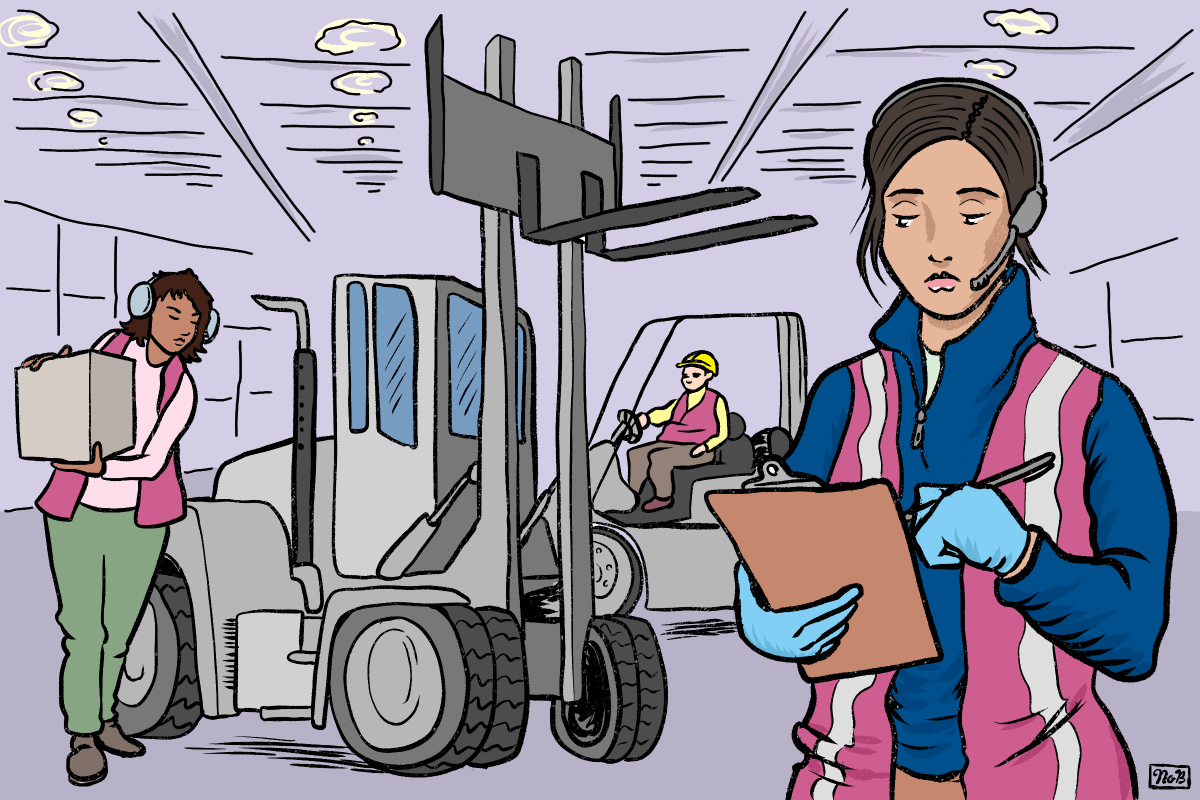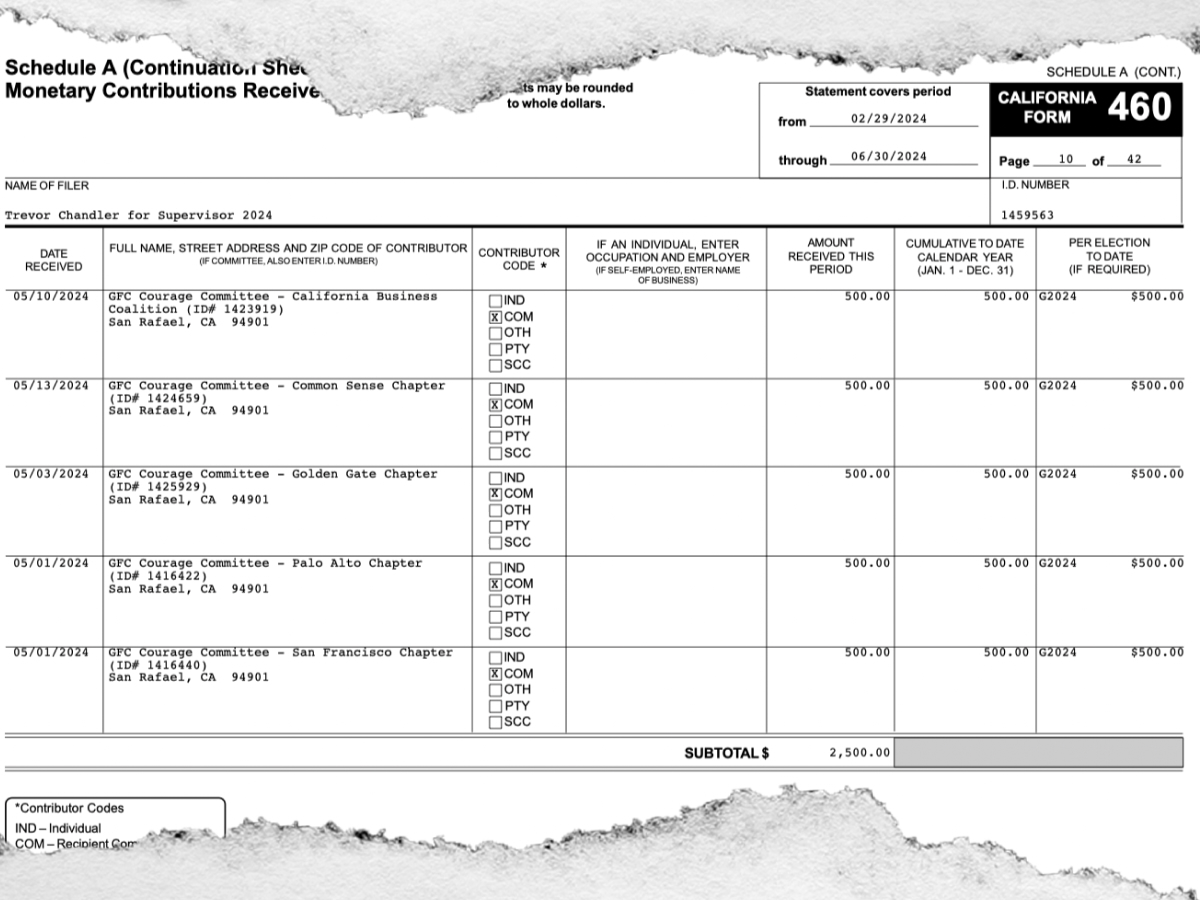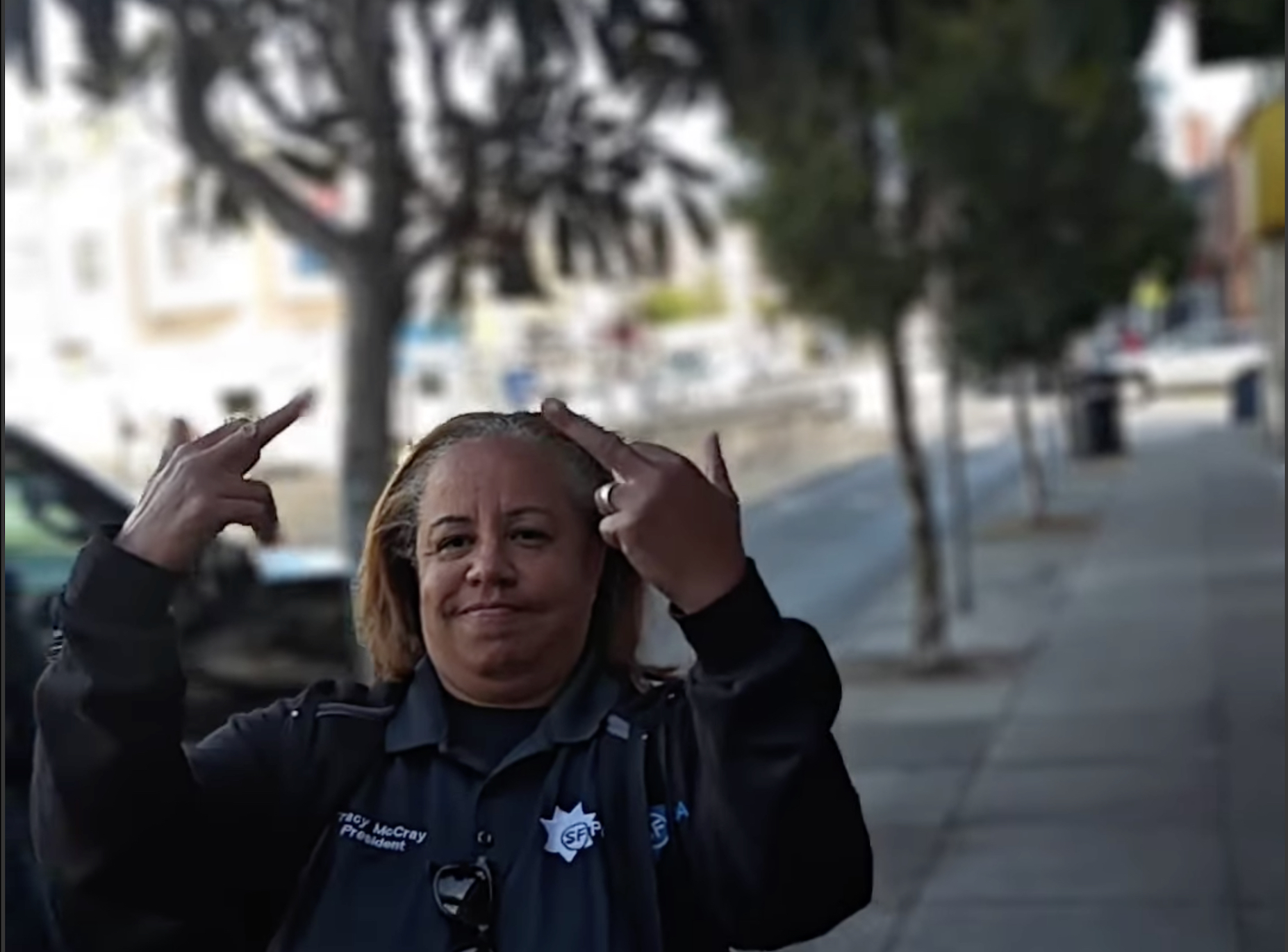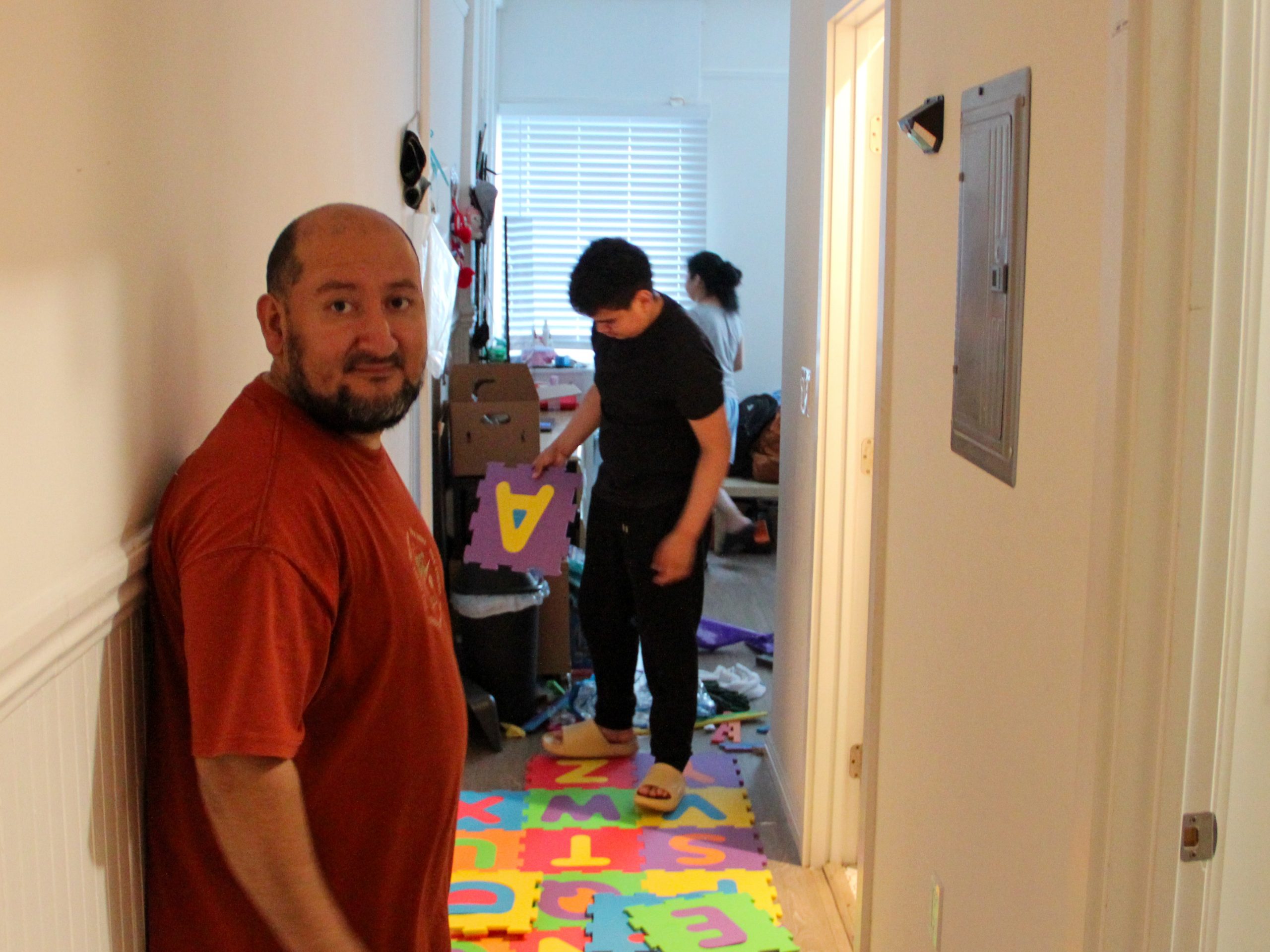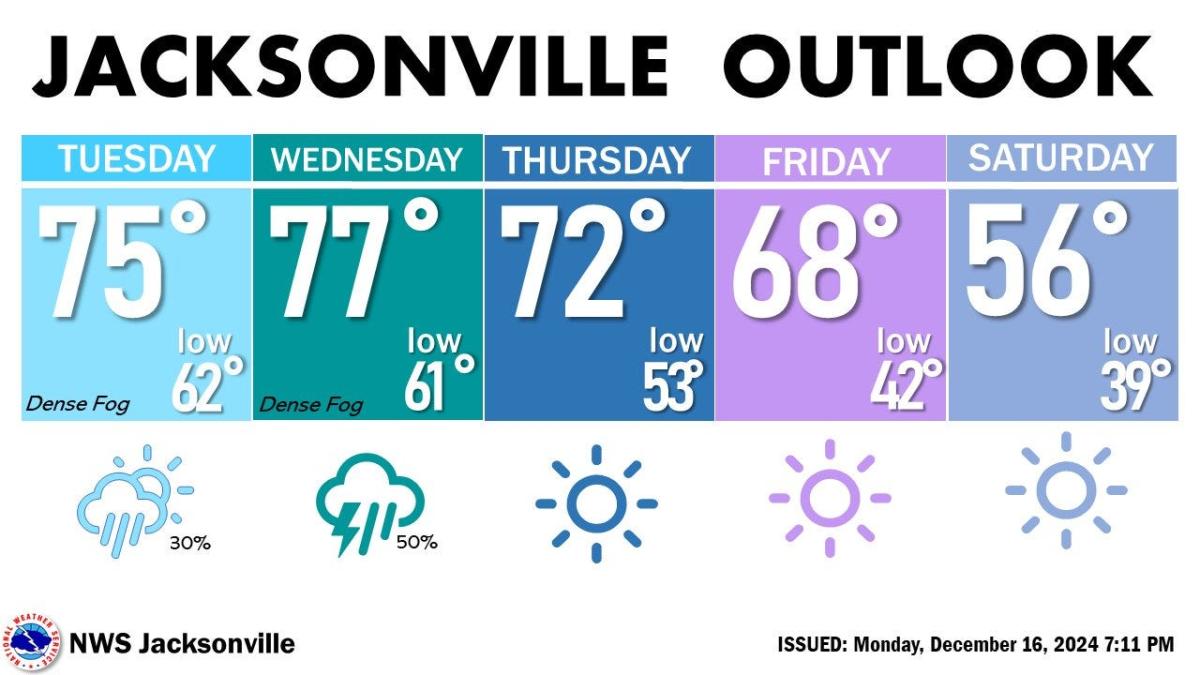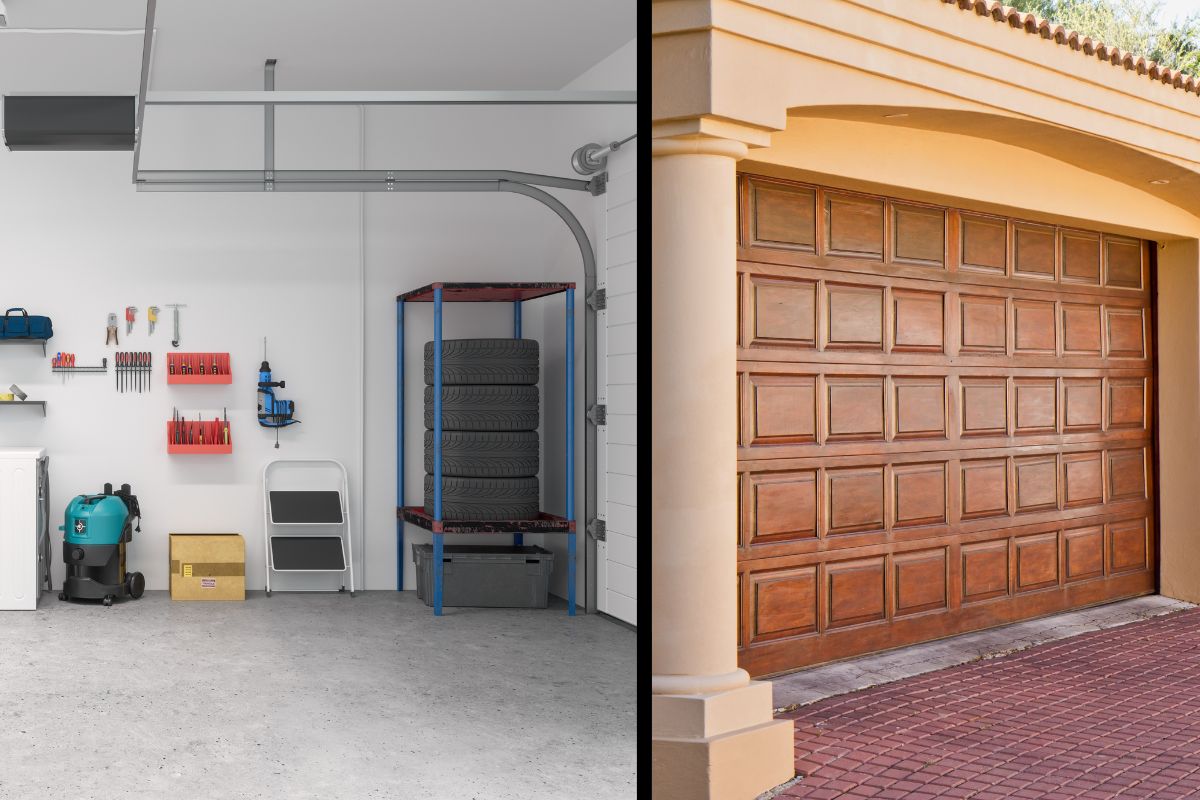[ad_1]
The San Francisco city attorney’s office announced today that it has reached a settlement agreement with gig staffing company WorkWhile, the second worker classification victory this year from the city’s newly-formed Worker Protection Team.
WorkWhile, a San Francisco-based gig company that connects workers with temp work, will pay $1 million to thousands of workers the city claimed were being denied rights and benefits. It will also permanently reclassify all its current and future workers, except delivery workers, as employees rather than independent contractors.
The judgment came on Dec. 10 — about 10 months after San Francisco secured the country’s first injunction to require a gig company, in that case Qwick, to permanently reclassify its workers.
WorkWhile has grown rapidly since its launch in 2020, with half a million workers now operating across 27 states, according to the city attorney’s office. Its workers are matched to businesses to fill empty shifts in warehouses, food service, delivery, event services and general labor.
The workers sent by WorkWhile to different businesses were classified as independent contractors, but often did the same jobs as those business’ employees.
The settlement only applies to workers not engaged in delivery, like hospitality workers and warehouse workers — about 3,500 to 7,500 of its workforce in California. The city attorney’s office is continuing its litigation regarding the company’s delivery workers.
The case, said City Attorney David Chiu, is “part of our ongoing, groundbreaking work to fight misclassification and prevent gig app misclassification models from taking root.” Chiu in 2022 created a Worker Protection Team in his office to litigate instances of employee misclassification and wage theft, including that of WorkWhile and Qwick. The city attorney’s office sued WorkWhile back in June.
WorkWhile did not immediately respond to a request for comment.

The stipulated partial judgment and injunction was approved by the San Francisco Superior Court on Dec. 10. Moving forward, non-delivery workers will enjoy workplace protections and benefits for employees, including overtime pay, paid sick leave, paid family leave and workers’ compensation insurance, according to the city attorney’s office.
“We will not tolerate companies … attempting to shift costs onto workers,” said Chiu. Instead of providing workers’ compensation insurance, WorkWhile charged its workers a “Trust & Safety Fee” to fund “a substandard insurance-like product,” according to the city attorney’s office.
Misclassifying employees as independent contractors also allows a company an unfair business advantage over firms that offer employees’ benefits like healthcare and workers compensation. The new settlement “will help ensure a level playing field for law-abiding competitors in the staffing industry,” said Chiu, and sends a message “to everyone in this industry and others that you have to play by the rules.”
The $1 million will be split between the 3,500 to 7,500 applicable WorkWhile workers, and Chiu’s office will decide how much each receives after receiving shift data from the firm.
Any money unclaimed by workers in the $1 million restitution will be paid to the city in civil penalties and used to enforce consumer and worker protection laws, according to the judgment. Between Feb. 3, 2025 and Jan. 1, 2027, the city attorney’s office will monitor WorkWhile’s compliance with the agreement.
[ad_2]
Source: missionlocal.org

